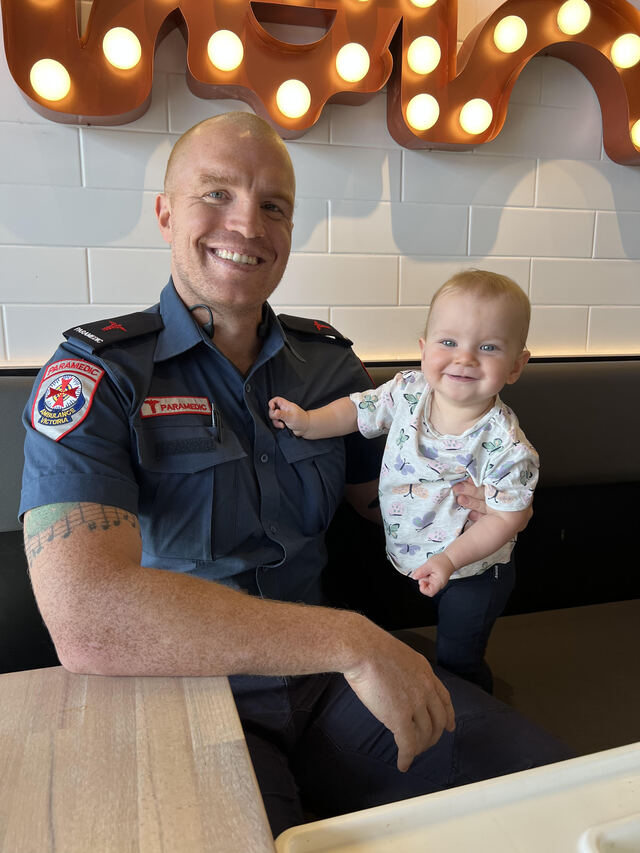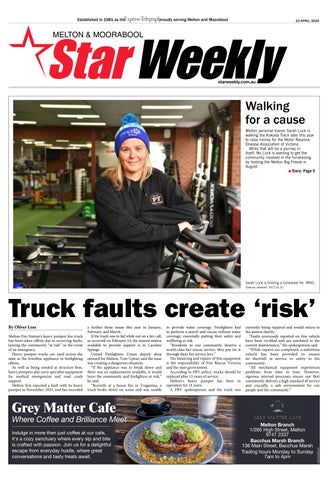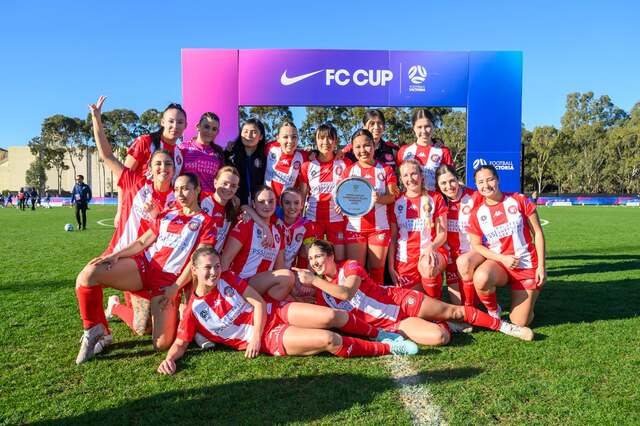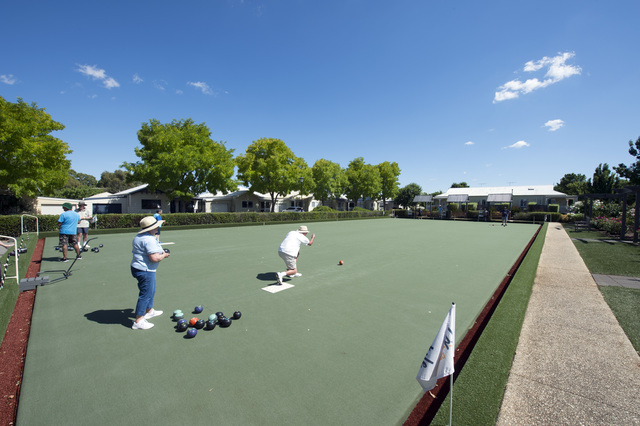In eight years of working as a paramedic, mostly around Melton, Michael Toussaint said he still can’t predict what each day will bring.
“You don’t really have a standard day to day. I’ve had days where I’ve delivered babies and met wonderful unique people, days where I’ve genuinely saved lives and I’ve had days where I’ve been spat on and attacked by patients or their families when I am just trying to help,” he said.
Despite the challenges, he still loves what he does.
“I love that I can be there for my community during what is often the worst day of their lives. I can’t think of any job where you consistently get to help people all day every day like we do,” he said.
However, Mr Toussaint and other members of the Victorian Ambulance Union feel that the conditions in their line of work have created an environment where pressure leads to high staff turn over, and, after a year of attempting to negotiate a new Enterprise Bargaining Agreement (EBA) with Ambulance Victoria (AV) the union is taking strike actions.
Union secretary Danny Hill said the EBA is about making the job more survivable with better work-life balance, reasonable workload, and ensuring paramedics get home to family on time.
“Without that we will continue to lose the experienced workforce,” he said.
“While we have made ground in some areas, most of the workforce are only being offered a three per cent increase to wages and little change to working conditions. These are the people who gave everything they had to the community during the COVID pandemic.”
These are themes Mr Toussaint can relate to all too well.
“Every day paramedics are forced to do 800 hours of overtime in Victoria,” he said.
“I worked on road the whole way through the COVID pandemic, those days were consistently some of my worst. During that time I was seeing critically ill people most days, many of whom died from COVID and our treatment options were limited.
“We were stuck in those white suits drenched in sweat for 12 to14 hour shifts and often we were forced to do two, three, even four hours overtime on top of that.
“I’ve seen colleagues collapse from heat stroke stuck sweating in plastic suits outside the hospital in the sun. I think a huge number of ambos left during this time.
“I’m a working father. Both my partner and I are ambos and trying to juggle our work rosters with the overtime I mentioned means sometimes I’ll go days without seeing my daughter. It’s heartbreaking.”
Mr Hill said it’s conditions like these that have resulted in more than half of the AV paramedic workforce having less than five years’ experience.
The union has assured the public its strike actions won’t affect patient safety, and instead will focus on creating public awareness, including members speaking with media, displaying campaign messages on ambulance vehicles, not collecting billing details, and crews that are ramped at hospitals for greater than 40 minutes will activate their beacons.
Mr Hill said the union has been bargaining for over a year now and hasn’t been able to produce an outcome “that really improves the lives of hardworking ambos”.
“Ambos are dedicated to saving lives, but they deserve to have a life too,” he said.
AV chief executive Jane Miller agreed patients won’t be affected during industrial action.
“Ambulance Victoria respects our people’s right to take protected action during these negotiations,” she said.
“AV continues to negotiate in good faith with employee representatives towards a mutually beneficial Ambulance Victoria Enterprise Agreement 2024.”








